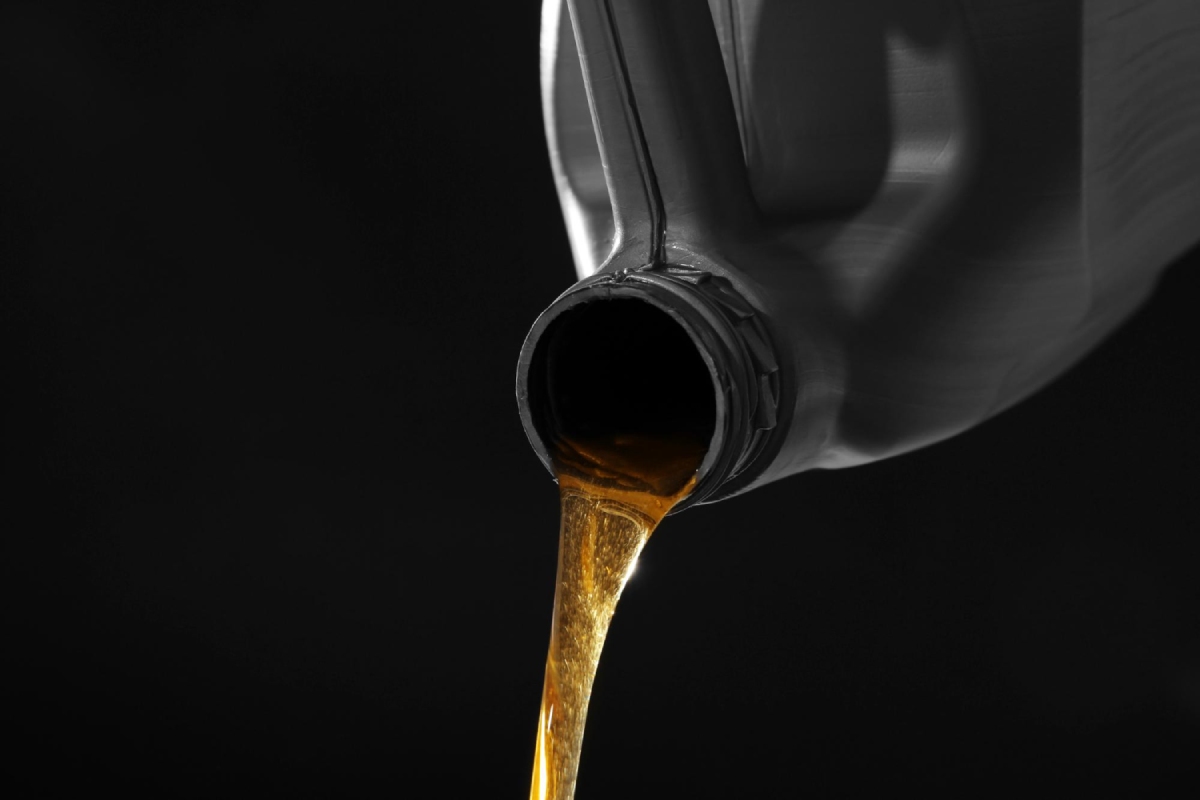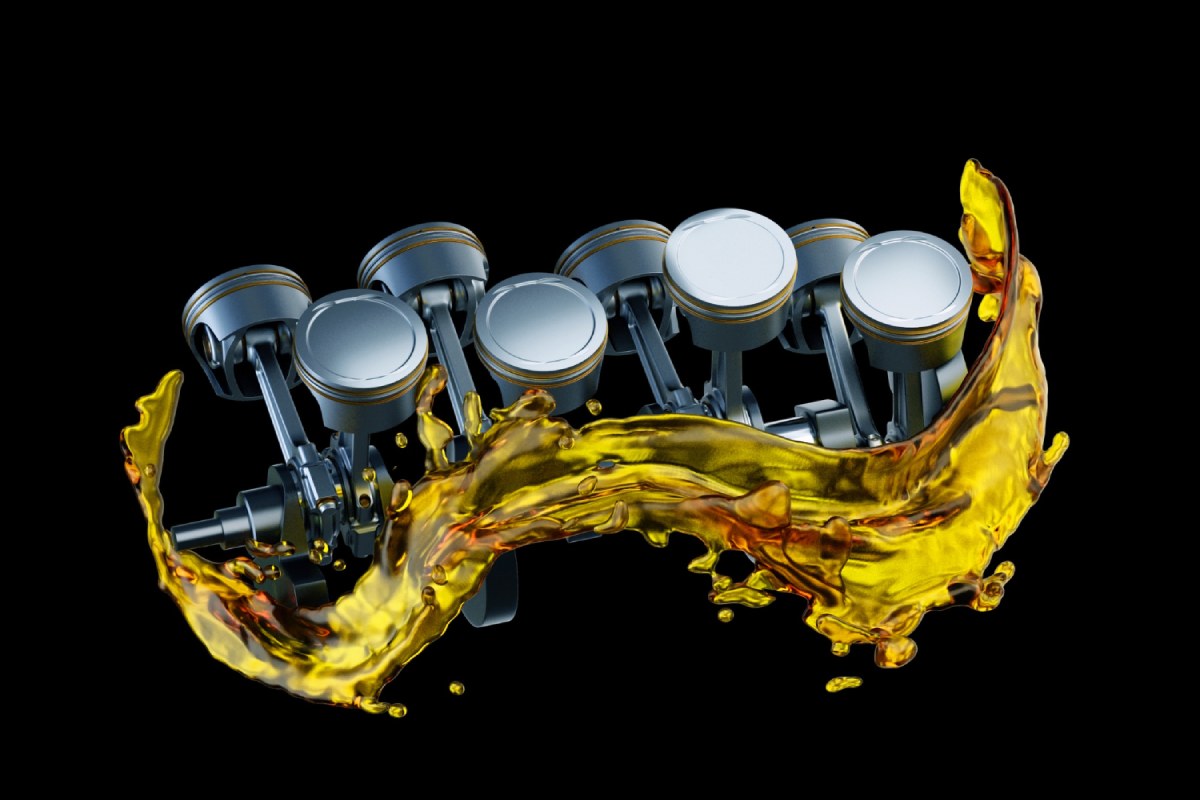Introduction to DEF Production Quality
High-quality DEF Production is essential for ensuring the effectiveness of selective catalytic reduction (SCR) systems in reducing nitrogen oxide (NOx) emissions. Several factors contribute to the production of premium-grade DEF, from the selection of raw materials to the precision of blending, filtration, and storage techniques.
Optimal Urea Concentration
The correct urea concentration is fundamental to effective DEF Production. DEF must contain precisely 32.5% high-purity urea and 67.5% deionized water. Maintaining this balance ensures efficient NOx conversion and compliance with ISO 22241 standards.
High-Purity Deionized Water
Using deionized water free of minerals and contaminants is crucial in DEF Production. Impurities such as calcium and magnesium can cause deposits in SCR systems, reducing efficiency and increasing maintenance costs. Advanced deionization processes help maintain the necessary purity levels.
Precision Mixing and Blending
Proper mixing and blending ensure the uniform distribution of urea in the water solution. Automated blending systems help eliminate inconsistencies, preventing crystallization and sediment formation. These systems maintain uniformity in every batch, contributing to better DEF quality.
Multi-Stage Filtration Process
Filtration plays a crucial role in enhancing DEF Production. A multi-stage filtration process removes particulates and potential contaminants before packaging. This process helps maintain DEF purity, ensuring smooth operation of SCR systems in diesel engines.
Controlled Storage Conditions
Storage conditions significantly impact DEF stability and performance. Proper storage involves maintaining temperatures between 12°F (-11°C) and 86°F (30°C) to prevent degradation or crystallization. Using non-reactive, sealed containers prevents contamination and preserves the integrity of DEF.
Efficient Handling and Transportation
DEF must be handled and transported using dedicated equipment to prevent contamination. Specialized stainless-steel or high-density polyethylene containers are used to maintain purity. Strict adherence to transportation guidelines helps ensure DEF reaches end-users in optimal condition.
Strict Quality Control and Compliance
Continuous quality testing is essential to maintain high standards in DEF Production. Regular laboratory testing for urea concentration, water purity, and contaminants ensures compliance with regulatory standards such as ISO 22241 and EPA guidelines.
Conclusion
Enhancing DEF Production quality requires attention to multiple factors, including raw material purity, precision blending, filtration, and proper storage. By following best practices, manufacturers can ensure the production of high-quality DEF that supports efficient NOx reduction and engine performance.
FAQ
- Why is urea concentration important in DEF?
- Maintaining 32.5% urea concentration ensures optimal SCR system efficiency and NOx reduction.
- How does deionized water improve DEF quality?
- Deionized water prevents mineral contamination, reducing the risk of deposits in SCR systems.
- What role does mixing play in DEF Production?
- Proper mixing ensures a homogeneous solution, preventing crystallization and performance issues.
- Why is filtration necessary in DEF Production?
- Filtration removes impurities that could clog SCR systems and compromise DEF effectiveness.
- What are the ideal storage conditions for DEF?
- DEF should be stored in temperature-controlled, sealed containers to maintain its stability.
- How should DEF be transported to prevent contamination?
- Using dedicated, sealed stainless-steel or high-density polyethylene containers prevents contamination.
- How often should DEF be tested for quality assurance?
- Regular laboratory testing ensures compliance with ISO 22241 and EPA standards.
- Can improper DEF storage affect engine performance?
- Yes, exposure to extreme temperatures can degrade DEF quality, affecting SCR efficiency.
- What contaminants should be avoided in DEF?
- Calcium, magnesium, and other minerals can negatively impact SCR system performance.
- Why is compliance with ISO 22241 important in DEF Production?
- It ensures DEF meets industry standards for purity and effectiveness in emissions reduction.


